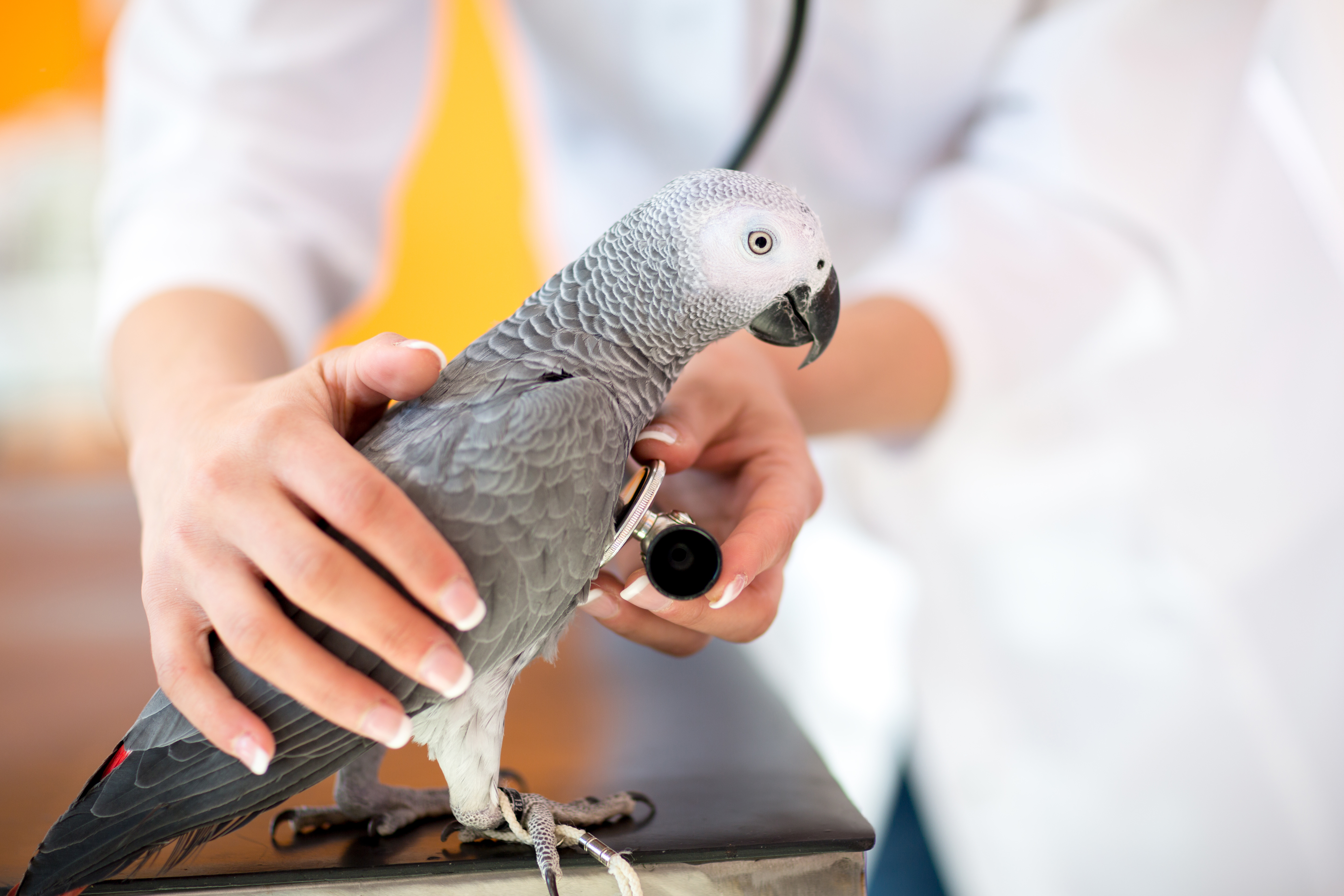Seeing your pet experience pain or battle with illness is, frankly, the WORST. What makes it even harder to experience is the fact that they can't communicate how they're feeling or what might have caused the pain they're experiencing. It truly is a helpless feeling as a pet parent. In the following article we'll run you through the most common pet illness they experience, potential treatments, and a range of average vet bills associated with these ailments. We'll also touch on the benefits of paying for pet insurance, especially early in your pets life. Pet insurance can provide you with a safety net for vet bills, for as little
1. Skin ConditionsAverage Veterinarian Bill: between $200-$2,500
Skin conditions in pets can include allergic skin disease, bacterial and fungal infections, insect bites, hot spots, rashes, mange, and more. Symptoms often consist of scratching, itchy behavior, dry/flaky skin, cuts, wounds, abscesses, dull/dry coat, and redness. Treatments may involve diagnostic tools like skin cultures and allergy testing, parasitic treatments, medicated shampoos, antifungal treatments, and possibly surgery for severe cases.
2. Gastritis (stomach issues)Average Veterinarian Bill: between $1,600-$5,000
Gastritis or stomach issues in pets can be due to ingestion of indigestible or toxic substances, parasites, infections, and other serious illnesses. Symptoms include vomiting, diarrhea, anorexia, excessive drooling, lethargy, and yelping when touched. Treatments can involve lab tests, x-rays, ultrasounds, endoscopy, antibiotics, probiotics, parasitic treatments, and abdominal surgery, depending on the severity and cause of the condition.
For Peace of Mind - Consider Pet Insurance
3. Otitis External (ear infections)Average Veterinarian Bill: $850
Ear infections (otitis externa) in pets typically present with head shaking, scratching at the ear, odor, redness, and sensitivity. Treatment might involve ear culture and sensitivity tests, cleaning, antibiotics, anti-inflammatories, antifungal treatments, pain medication, and possibly surgery for chronic conditions.
4. Eye Conditions
Average Veterinarian Bill: $1,100
Eye conditions in pets include corneal abrasions, ulcers, infections, glaucoma, cataracts, dry eye, and cherry eye. Symptoms can be blindness, redness, discharge, crustiness, squinting, and pawing at the eye or face. Treatments may involve diagnostic tests like Schirmer tear test or ophthalmoscopy, antibiotics, eye drops, and various surgeries, depending on the specific condition. Be sure to bring your pet to the vet ASAP if you notice any of these symptoms. The earlier you catch these types of conditions, the better. Its very unlikely they will just "go away".
5. Cruciate Ligament Injury (CCL)Average Veterinarian Bill: between $2,000-$5,000 for surgery
A Cranial Cruciate Ligament (CCL) injury in dogs is similar to an ACL rupture in humans and often requires surgery. Symptoms include sudden pain, limping, swelling, and difficulty getting up. Treatments can include various surgical options like Tibial Plateau Leveling Osteotomy (TPLO) and recovery methods such as hydrotherapy and acupuncture.

6. Growths and TumorsAverage Veterinarian Bill: between $300-$1,600
Growths and tumors in pets can vary from benign to malignant and may present as lumps, bumps, or foreign growths. Diagnostics include fine needle aspirates and biopsies, and treatments might involve cyst drainage, surgery, and possibly chemotherapy or radiation if cancerous.
7. Heart ConditionsAverage Veterinarian Bill: between $1,500-$2,500
Heart conditions in pets can include heartworm disease, dilation of the heart, valve disease, and congestive heart failure, often requiring diagnostics like echocardiograms and blood tests, followed by treatments such as heartworm treatment and various medications. The price range for these conditions does not include surgeries, which will obviously be significantly more expensive if needed.
8. SeizuresAverage Veterinarian Bill: between $200-$500
Seizures in pets are caused by excessive brain activity and can range from facial twitching to full-body convulsions. Treatments may include anticonvulsant medication, antibiotics, or surgery depending on the cause.

9. Urinary Tract Infections (UTIs)Average Veterinarian Bill: $450
Urinary Tract Infections (UTIs) in pets usually involve frequent urination, discomfort, and discolored urine. Treatments typically include diagnostics like urinalysis and antibiotics. There are a wide range of antibiotics that treat a wide range of ailments in pets, so a relatively affordable culture of your pets genital areas might be necessary. These are often beneficial because it ensures the right medication is being used from the beginning, instead of testing one that won't solve the problem for your pet.
10. AllergiesAverage Veterinarian Bill: between $600-$1,100
Allergies in pets often cause itching, rashes, and digestive issues. Treatment can include allergy testing, medicated shampoos, antifungal treatments, and allergy shots. Learn more about protecting your dog from seasonal illnesses like Canine Respiratory Diseases.
We all love and care for our pets, so being aware of the illnesses and injuries they could experience is important. It's also crucial to consider the financial implications of these situations. Everyone thinks that these illnesses are "down the road" or "in the future", but that isn't always the case. It's wise to save for these situations now, or to invest in pet insurance coverage.













